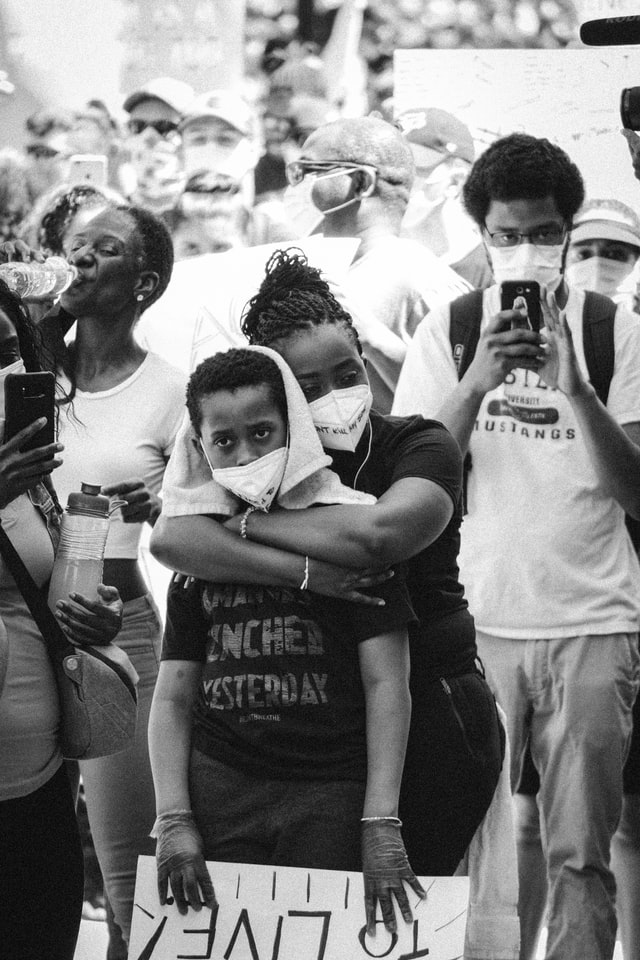Aggregated News

Researchers grapple with health disparities, systemic racism.
In 2020, a confluence of events brought the ongoing legacy of structural racism front and center in the United States. As the COVID-19 pandemic spread, its lethal impact was far greater on African Americans, Latin Americans, and Native Americans than on others. At the same time, the world witnessed through mobile-phone videos the killings of George Floyd in Minneapolis and Ahmaud Arbery in Brunswick, Georgia, among other deaths. In July, science writer Christian Cooper, who was “birding while Black” in Central Park, was falsely accused of threatening a White woman. His video of the exchange went viral. Together, these events forced a national reckoning with racism and the systems that perpetuate inequities.
Across the country, millions protested peacefully under the banner of Black Lives Matter. Adding their voices were many scientific societies, including the American Institute of Biological Sciences (AIBS), which issued a statement in June saying that it “stands with all people and organizations working to end racism and injustice through peaceful protest, legal action, policy change, and systemic reform.”
On 10...



